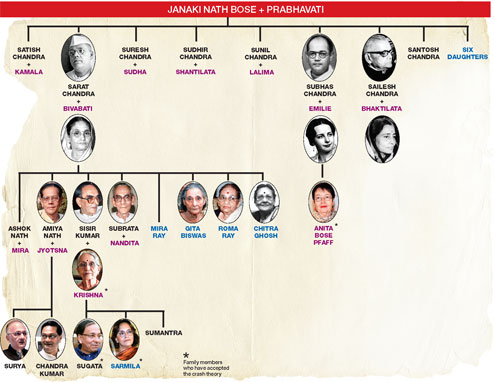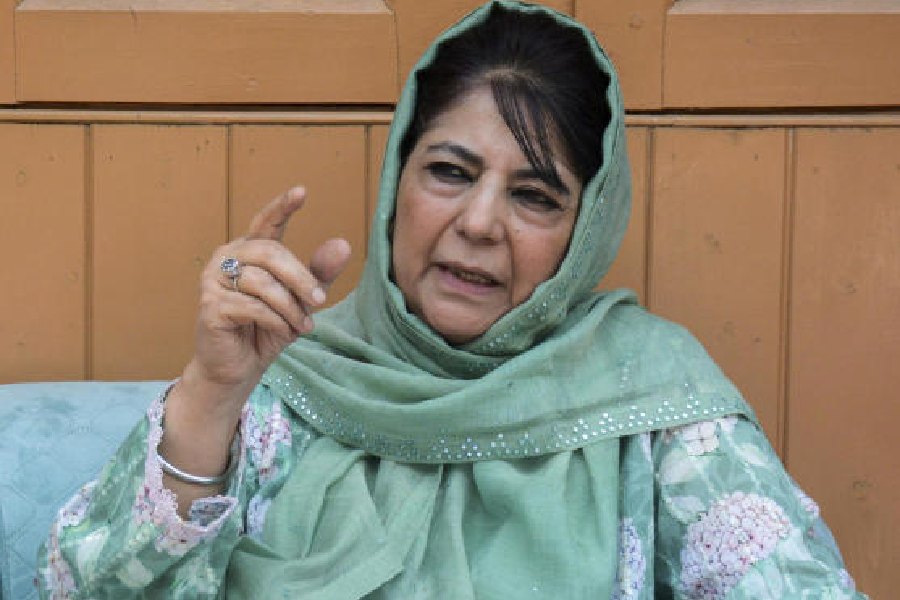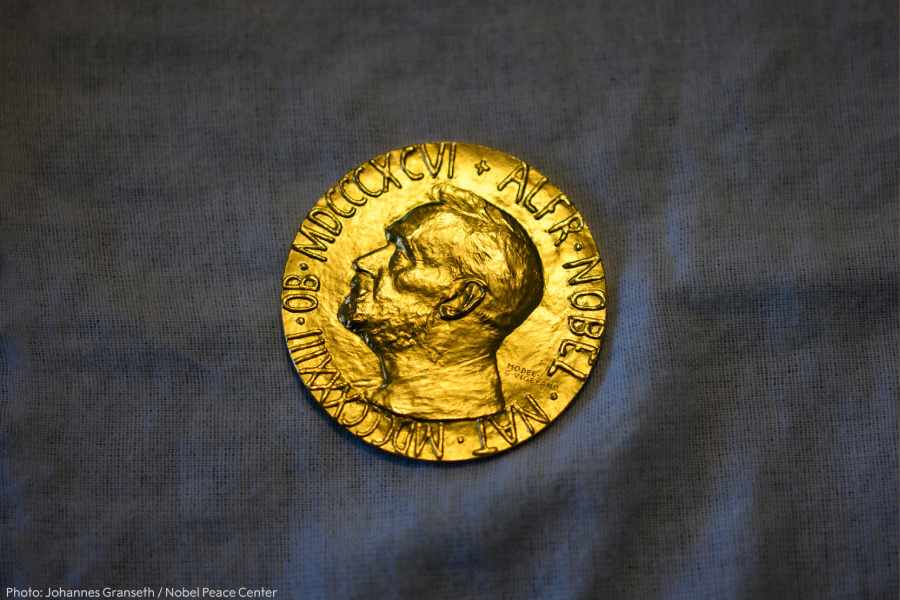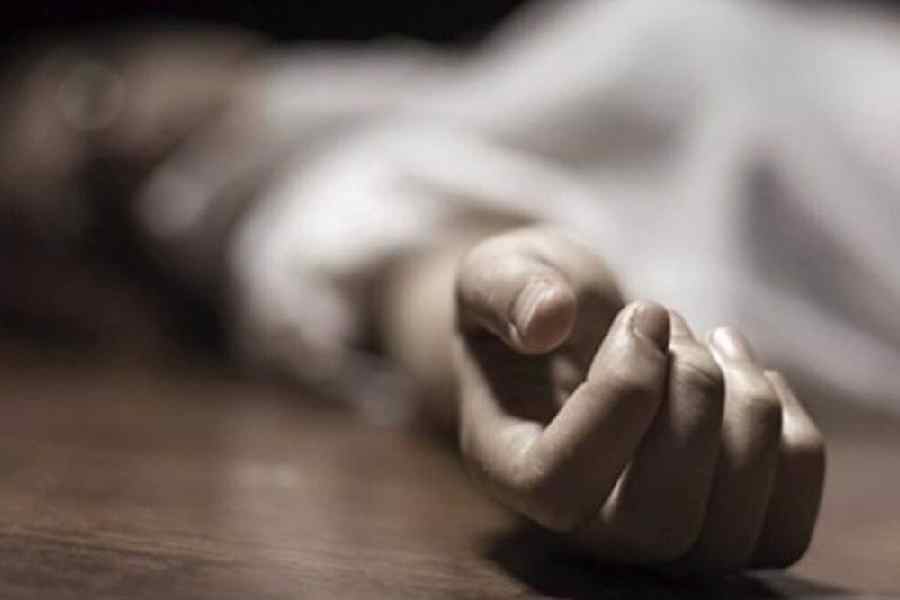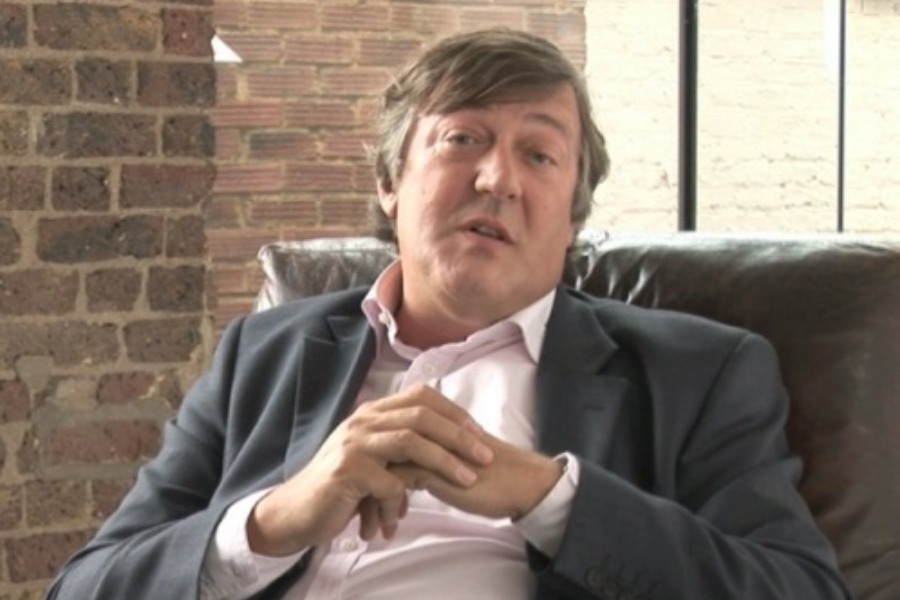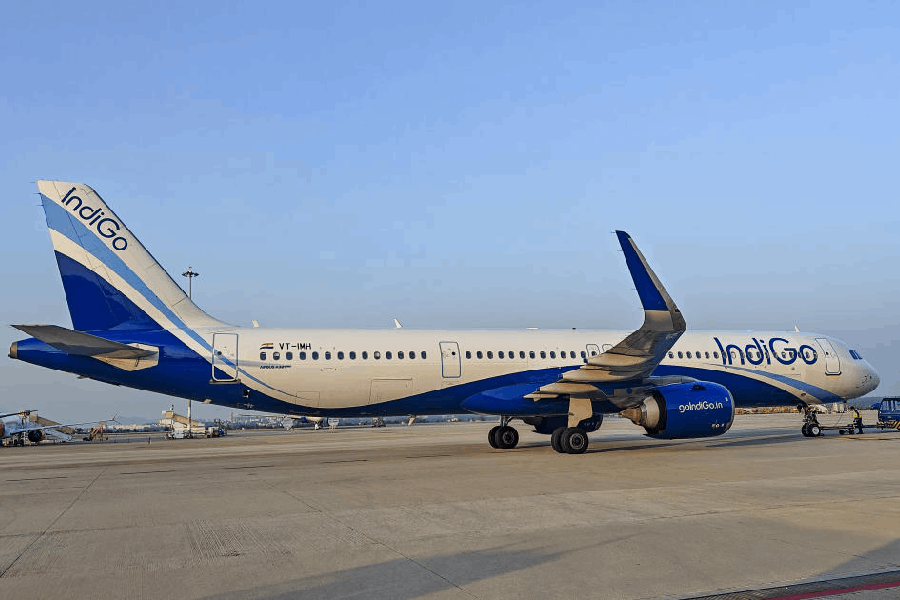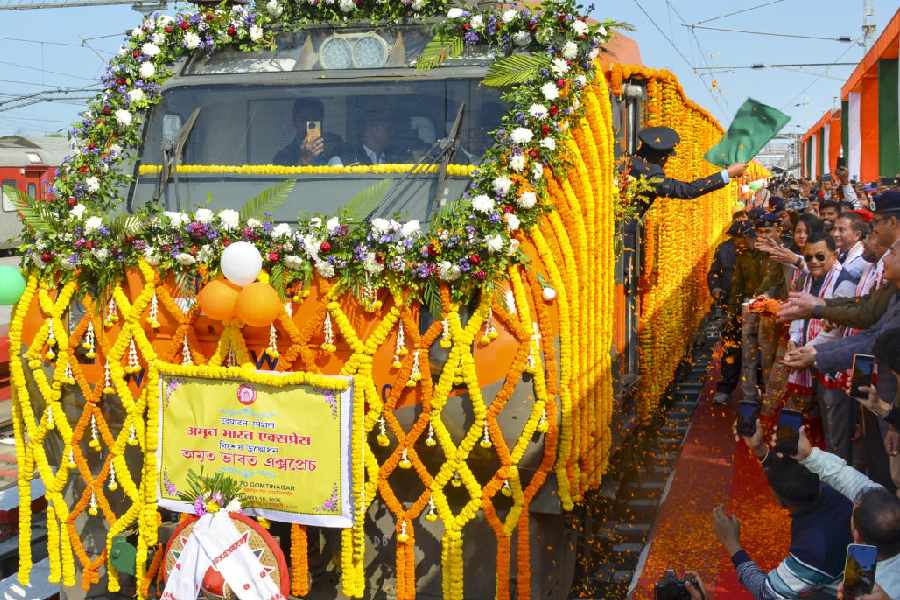The two-foot high wooden table in Chandra Kumar Bose's drawing room has possibly never been battered this hard or ever so often. He whacks it once more, sending his Labrador, Lyra, scuttling to a safe spot under the furniture.
But Bose - Netaji Subhas Chandra Bose's grandnephew - is agitated. Ever since 64 intelligence files relating to the founder of the Indian National Army were declassified by the West Bengal government on September 18, he has been frequently thumping the table to stress his belief that his granduncle did not die in a plane crash.
"I fail to understand why some people are still holding on to the plane crash theory even after some of the files indicate that Netaji might have been alive beyond August 1945," he thunders.
By some people, he means his own extended family.
"The files revealed nothing - absolutely nothing - about Netaji being alive after 1945," says former Member of Parliament Krishna Bose, whose husband, Sisir, was Netaji's nephew. "So far, the air crash remains the most credible theory of Netaji's death. If something else with solid evidence is later revealed, we are ready to accept that," she says with a steely look.
Clearly, the Boses are sharply divided on the plane crash theory. One section is convinced that there was no crash, another believes it must have happened.
"Until I have received proof to the contrary, I believe that my father died as a consequence of the plane crash on August 18, 1945, in Taipei. So far I have not received any information in that direction, based on the recently declassified files or otherwise," Netaji's daughter, Anita Bose Pfaff, states in an email from Germany.
Generations in Bengal have viewed Netaji's death with scepticism. The news of the crash in Taihoku, or Taipei, on August 18, 1945, triggered several conspiracy theories - including one that said he was living as an ascetic and another that insisted he was transported to Siberia.
Among those who don't believe in the crash is Surya Bose, Netaji's Hamburg-based grandnephew. An Allied intelligence team, he maintains, had been sent to the site but had found no trace of a crash.

The American judge at the Tokyo War Crimes Tribunal showed Dr Radhabinod Pal [a co-judge] the intelligence report. "Dr Pal related this to my grandfather, Sarat Chandra Bose, in the presence of my father, Amiya Nath Bose."
But then Krishna Bose says that the son of the plane's co-pilot sent her an email after the report of the Mukherjee Commission, set up to probe the controversy surrounding the death, was made public in 2005.
"He said: 'your leader was worst wounded and passed away that night, my father was seriously injured and hospitalised for a year and passed away in the late 70s'," she recounts.
The former MP adds that in 1979 in Kyoto, she met family members of war hero General Shidei, who was also killed in the crash. His family, she adds, couldn't understand why Indians refused to believe in it. "To stage such a crash involving citizens of other countries, some of whom were survivors, is too farfetched."
But why was there no documentation of the crash in Taihoku, which was under Japanese rule, or Japan? To understand this, she stresses, one has to remember the times.
"Japan had just surrendered on August 15. Proud soldiers were committing harakiri and burning documents. There was chaos all over. The crash took place three days later. What they did for us in that situation was enough," she holds. Also, she adds, the plane was not scheduled for Taihoku; it touched base there merely to refuel.
Chandra Bose is not convinced. There are records of an American bomber crashing in the same airbase on September 26, 1945. "How come every other record except that of the crash involving Netaji is in place despite such a chaotic post-war situation," he asks.
Sarat Bose's octogenarian daughter, Chitra Ghosh, who wants Krishna Bose to furnish proof of the emails she received from the co-pilot's son, recalls a conversation her father had with INA officer Habibur Rahman, who was with Netaji but survived the crash.
"He almost interrogated Rahman. After it was over, my brother Amiya asked him his conclusion. He replied in one sentence: 'Habibur is saying what his leader [Netaji] wanted him to say'," Ghosh remembers. There was a school of thought which believed Subhas Bose wanted the world to think he had died.
Chandra Bose points to a letter unearthed in the recent declassification. Written on March 5, 1948, by Chou Hsiang Kuang, an employee of the publication division of the information and broadcasting ministry, it was addressed to Amiya Bose. The letter, in which Kuang stressed that he believed Netaji to be alive, was intercepted by intelligence officers and never delivered to the family.
The files also mention a letter by Netaji's wife, Emilie Schenkl, to Sarat Bose on May 5, 1949, where she said, "We can only hope that our feelings may become reality one day and that your brother will return. This is the only thing I am praying for."
"I last met Aunt Emilie in August 1995 [a year before she died] and then, too, she refused to believe in the air crash theory," Chandra Bose says.
Along with the files, the report of the Mukherjee Commission, which concluded that there was no crash, is also being dissected. "I think, with respect, that Justice Mukherjee drew the wrong conclusion from the lack of an official Taiwanese record," says Krishna Bose's daughter, Sarmila, a London-based journalist and academic.
She refers to the Shah Nawaz Committee, which was also set up to look into the death and had concluded that there was a crash. "Crash survivors and people at the hospital testified to the Shah Nawaz committee, so there is witness evidence of a crash," she says. "The government should make all the witness testimony available in full to the public."
One member of the Shah Nawaz Committee, Netaji's brother, Suresh Bose, however, disagreed with the findings. "My uncle was the lone dissenting member of the committee. We want his dissent note to be also published along with the Central files," says octogenarian Subrata Bose, a former Forward Bloc MP, in a frail voice from his Jodhpur Park residence.
But while the family disagrees, what about the ashes kept in an urn in Renkoji temple in Tokyo? Filmmaker Nilanjan Bandyopadhyay, long associated with the Indo-Japan Cultural Centre, says that the priest, Koshi Mochizuki, told him in 2004 that Netaji's disciples gave his father, Yasuji, also a follower of Subhas Bose, the urn containing his remains.
Chandra Bose doesn't believe this: "The ashes were of Ichiro Okura, a Japanese soldier who died of a heart attack in the same hospital where Netaji allegedly breathed his last."
If there is one point on which the family agrees, it is on the need to make every file public. "I demanded in Parliament the opening of all files kept under wraps by the Central government," says Krishna Bose's son, Sugata Bose, Gardiner Professor of History at Harvard University and a Trinamul MP. "This should be done immediately to stop the propagation of fantasies as facts."
His aunt, Roma Ray, agrees. "Everything about Netaji that is still classified with the Centre and elsewhere should be made public to demystify his death."
Chandra Bose has submitted a list of 30 odd family members who wish to meet Prime Minister Narendra Modi on October 14 to urge him to release some 130 files about Netaji.
Will the files clear up the controversy once and for all? Or will they, as Sugata Bose says about the Calcutta files, "throw no new light on either the life or the mortal end of a deathless hero?"

